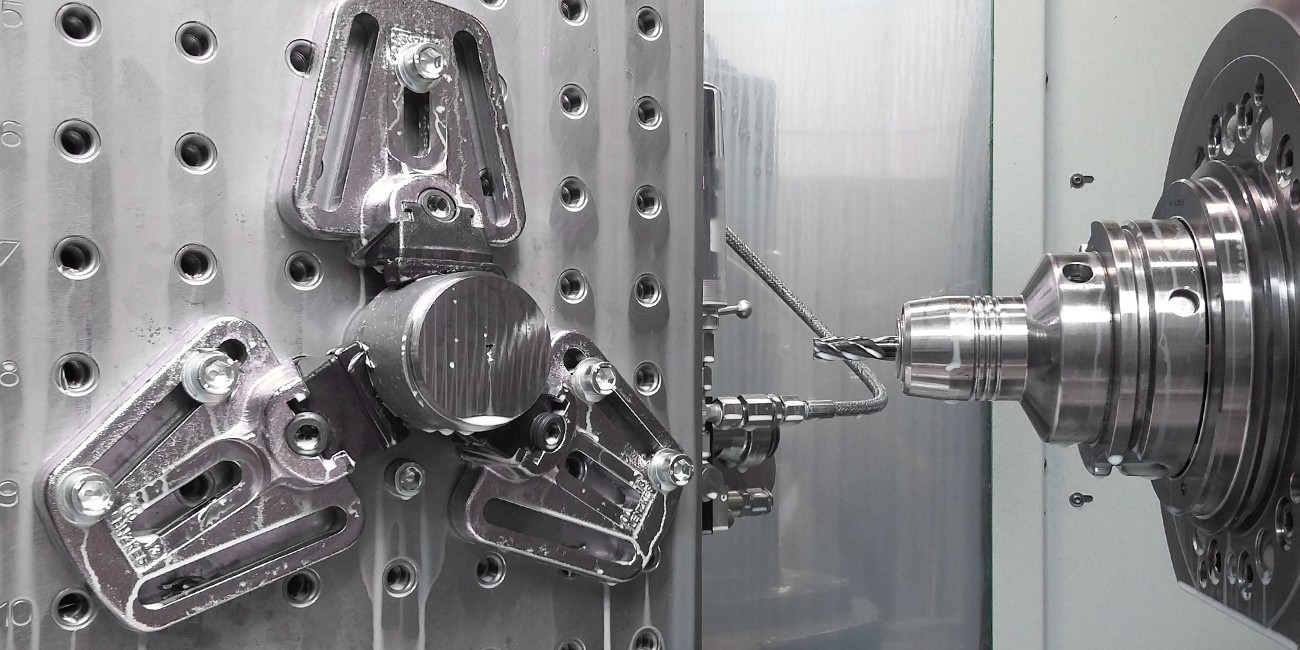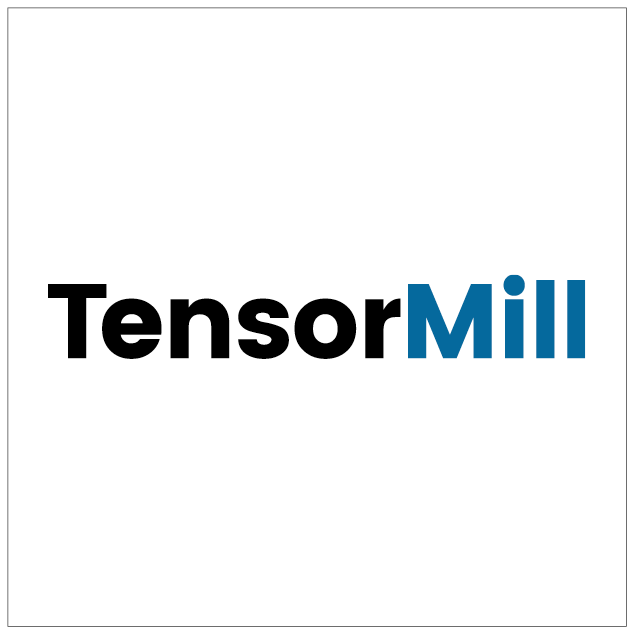Duration: Completed | 2019 – 2022
Funded by: Federal Ministry of Education and Research
Publication: here
If you have any questions about this completed project please contact our institute management:
Oberingenieure@PTW.TU-Darmstadt.de
Recommended external content
We have selected external content from YouTube for you and would like to show it to you right here. To do this, you must reveal it with one click. You can hide the external content at any time with another click.
I agree to external content from YouTube being shown to me. This may result in personal data being transmitted to third-party platforms. You can find more information in our Privacy Policy.
Initial situation
The majority of integral components in the aerospace industry, such as fuselage or engine components, are manufactured from solid material using metal cutting processes. The large-volume material removal, together with the use of materials that are difficult to machine, results in high unit costs. In addition, the safety relevance of these components results in high quality requirements. In order to meet these requirements and thus avoid rejects, it is therefore of great importance for manufacturing companies to increase process reliability through process monitoring.
Objective
The aim of the “TensorMill” research project is to develop an intelligent, connected, autonomous milling process for integral components. During machining, information on the condition of the milling tool and the finished workpiece should be obtained in a target-oriented manner with the help of artificial intelligence and made available to the users in the form of a real-time data analysis. This information enables the early detection of occurring damage and provides a knowledge-based reaction to the given situation in the process and across the entire supply chain, i.e. in good time before a potentially unnoticed drop in product quality.
Approach
As a basis, the project will develop a completely connected production from tool production to the end-of-line measurement of quality. In the course of the integration, the considered value chain, consisting of tool production and machining, will be examined for a reasonable extension with sensors and communication interfaces and corresponding solutions for data provision will be developed. Subsequent production engineering investigations serve to generate data profiles of specific processes. The resulting data streams are merged in a cloud-based digital component twin. The resulting cyber-physical system forms the basis of the sub-area of interaction. Here, a real-time analysis of the process-relevant data is carried out using artificial intelligence. The derived control variables are reported back to the production system. In addition, the collected information is made available to users along the value chain through a technology app for use in improvement processes.
Machine-side and workpiece-side monitoring units are used to determine process-relevant data in the context of autonomous milling. The main task of the machine-side monitoring unit developed at PTW is the process-parallel recording and contextualisation of machine tool data, which provide the basis for AI-based decision-making. For this purpose, suitable models and algorithms for determining the tool condition and the quality of the manufactured workpiece are learned and applied. The workpiece-side monitoring unit developed as part of the project in the form of a sensory clamping system provides additional data on the clamping state of the workpiece and the process forces that have occurred. The consolidation of the data in the TensorMill Cloud from the two monitoring units together with data from the tool production serves as a well-grounded database for the development of the AI-based models.
Acknowledgement
The research and development project TensorMill is funded by the Federal Ministry of Education and Research (BMBF) in the programme “Innovations for tomorrow's production, services and work” (funding code 02P17D123) and supervised by the Project Management Agency Karlsruhe (PTKA). We are grateful for the opportunity to work on this project.
Funding source
Consortium partners
Project sponsor




